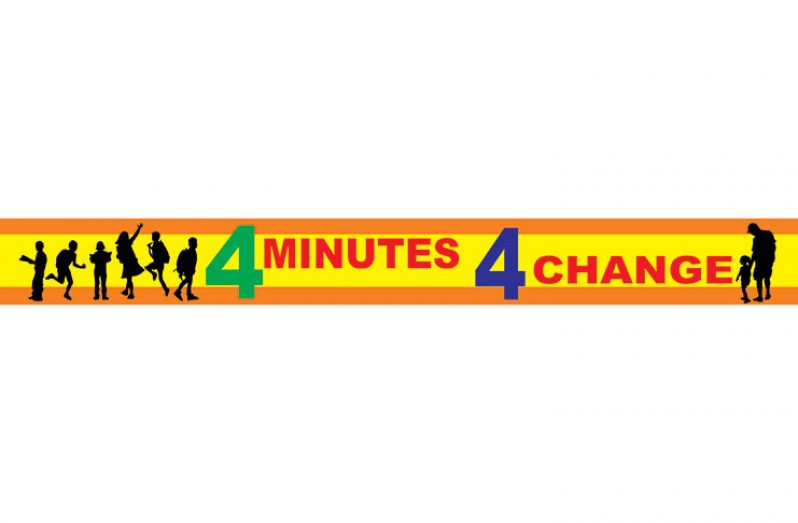CHILDREN do get it: they really do understand and can comply to a sense of reason. If you, as the adult, take the time to explain to them why they should not do something and why you have made certain boundaries on their behalf, not only will they understand, they will also comply. However, this is something you should start to do using child-appropriate language when the child is old enough to comprehend what you mean and what the possible consequences could be if they do not take heed. As the child grows and develops a better sense of understanding, you should continue to explain things: appeal to his/her sense of reasoning, give the child the opportunity to converse with you and share his/her opinions; allow the child to participate when you are making rules and let him/her explain what the consequences might be if the rules are broken.
This is a healthier approach to parenting and one that can result in strong ties and life-long bonding between parent and child. It is far better than beating a child into submission, or beating a child as a punishment for something he/she did wrong. Statistics prove that building a good relationship with a child, where you can discuss things and decide on boundaries together, is far more effective in the long term, than the frustration and pain associated with beating. The ball is in your court, only you as the parent can decide what route you choose to take when it comes to disciplining your child. But we at the Childcare and Protection Agency would like to make you aware that there are alternative methods of getting your message across to your child without physical violence.
Of course, children also get it, (but in a negative way) when they are yelled at, shoved around and called names from very early on in their lives. They get it when everything they do wrong warrants a slap, cuff or a beating from their parents. This negative interaction does not enhance their development or their confidence as a person. They grow up learning and believing that physical violence is the way to sort things out. Their relationship with their parents is not relaxed and open. There is no room for talking things through, reasoning, explanations and mutual understanding, the child must do as he/she is told, or else, ‘it’s licks.’ So what they actually get is a pretty raw deal.
Children have their own minds and each mind needs to be nurtured, preferably by parents, not controlled, belittled, or suffocated, by parents, but nurtured to bring out the best in each child. This is what parenting is really about: parents finding the right balance that works for parent and child, not just parents alone. Beating a child works for the parent alone and is a temporary measure usually brought on through frustration, or because beating children is a custom and so the custom continues.
When you know better you do better and there are many strategies, techniques and approaches that parents can learn that are effective instead of resorting to beating. But do they care to know what they are? If you are interested in learning more about ‘disciplining your child without beating’, you can speak to one of our child protection officers at the Childcare and Protection Agency on 225 4083.
If you are concerned about the welfare of a child call the Childcare and Protection Agency Hotline on 227 0709 or write to us on chilcaregy@gmail.com
A message from the Childcare and Protection Agency, Ministry of Social Protection
A True Story




.png)









